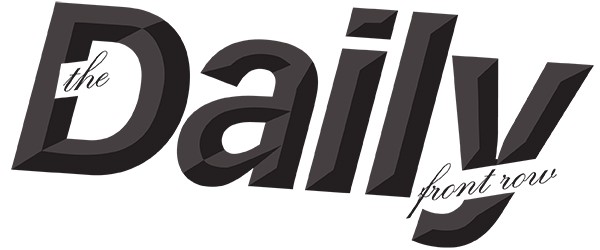Those who grew up with My Little Pony, He-Man, and Rainbow Brite are inclined, for the sake of nostalgia alone, toward the fanciful. Maybe that’s why so few consider themselves religious; according to the Pew Research Center, which found that millennials are significantly less likely to practice religion or even believe in God – but rather are partial toward the spiritual. It’s less defined, but for many, even more tangible. These numbers support the popularity of astrology among this generation, especially as opposed to older generations. At least 60% of millennials believe in New Age spirituality, and are doing a lot to support the $2+ billion dollar astrology industry within the US.
With even the older millennials coming around to modern technology, that’s a huge number of astrology apps being downloaded and astrology websites being visited. While this generation grew up scouring Cosmopolitan or Allure for their horoscopes, it’s now available at the touch of a screen (or a mouse button). It’s easier than ever before to discover what’s written in the stars, and for anyone born from 1981 to 1996, the accessibility is driving the popularity of this ancient art. Astrology has its roots in ancient Mesopotamia, was helped along in ancient Babylon, but much of what we know and understand about astrology and the zodiac was honed in ancient Greece. Astrology was a huge part of the Greek and Roman culture. There were entire schools devoted to it, and its practitioners included names such as Plato and Aristotle. The belief that the heavens were linked to humans and daily life was utterly intertwined among these cultures. Millennials have a statistical respect for history, with a study finding that an overwhelming 85% of millennial college students had a keen understanding of the importance of studying history, understanding historical events, and how history shapes modern society. It’s little surprise that if something like astrology was highly prized in ancient times, millennials are more likely to give it credence. Millennials are “caught up” on social media trends, and are as likely as Gen Z to post zodiac-related memes – toxic Scorpio men, indecisive Libras agonizing over their Starbucks order, the sentimental Pisces yearning for their childhood – and use astrology as a way to self-identify. “I’m such a Leo!” is a rallying cry for July babies of this generation. Millennials straddle the fence between a deep-seated belief in the arcane, including at least a partial acceptance of what their horoscope suggests, and a technological edge over earlier generations that allows them to seek answers and post their socials on social media. Because they’re more tech-minded than their predecessors, and more inclined toward belief in astrology than their successors, millennials are a key generation when it comes to astrology. Apps like CoSign and ZodiacSign are downloaded by the thousands. For the elder millennials who aren’t quite as obsessed with apps on their smartphones, most apps have a corresponding website – for example, the above are linked to CoStarAstrology.com and ZodiacSign.com respectively. It’s worth noting – especially for web-preferring millennials – that not all astrology apps are linked to full-service websites. For the above apps, Co-Star doesn’t have a fully functional website, but is mostly a platform to promote the app. Which is fine – if you’re into apps. For those who aren’t, ZodiacSign has a full-service website with all the features and functions of the app, for those not interested in downloads. Depending on personal preference, this may be the way to go for zodiac details, daily/weekly/monthly horoscopes, compatibility, and more. Whether via app or website, millennials are visiting these in droves – and hopefully learning more about themselves, their relationships, and how they fit into today’s society than ever before.
Presented by: Imperium Group

